PhD Candidates - TOPOCOM - Topological Solitons in Ferroics for Unconventional Computing
PhD Candidates
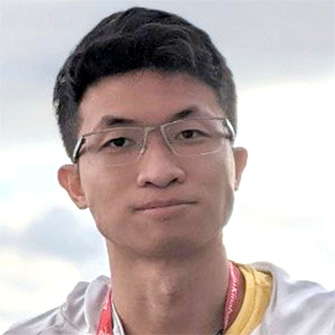
Yan Meng Chong
Norwegian University of Science and Technology, Trondheim, Norway
Yan Meng Chong, a Malaysian scholar, completed both his Bachelor’s and Master’s Degrees at the National University of Singapore (NUS) between 2016 and 2023. During this period, he worked as a Research Assistant at NUS, contributing to a project focused on studying PZT ferroelectric ceramic and its electromechanical performance. Through this role, he gained expertise in the fabrication of PZT bulk ceramics and various structural characterization methods, particularly in ferroelectric domain imaging utilizing PFM and SEM/BSE techniques.
His interest with the intricate physics of ferroelectric materials at the nanoscale led him to embark on a new phase of his research journey in April 2024 as a doctoral candidate at the Norwegian University of Science and Technology. The position is associated with TOPOCOM project under the supervision of Prof. Dennis Meier, he will be investigating ferroelectric domain walls for reservoir computing applications. His research will involve extensive studies on electronic transport phenomena at domain walls, with the aim of demonstrating their potential as an ideal reservoir for computing.
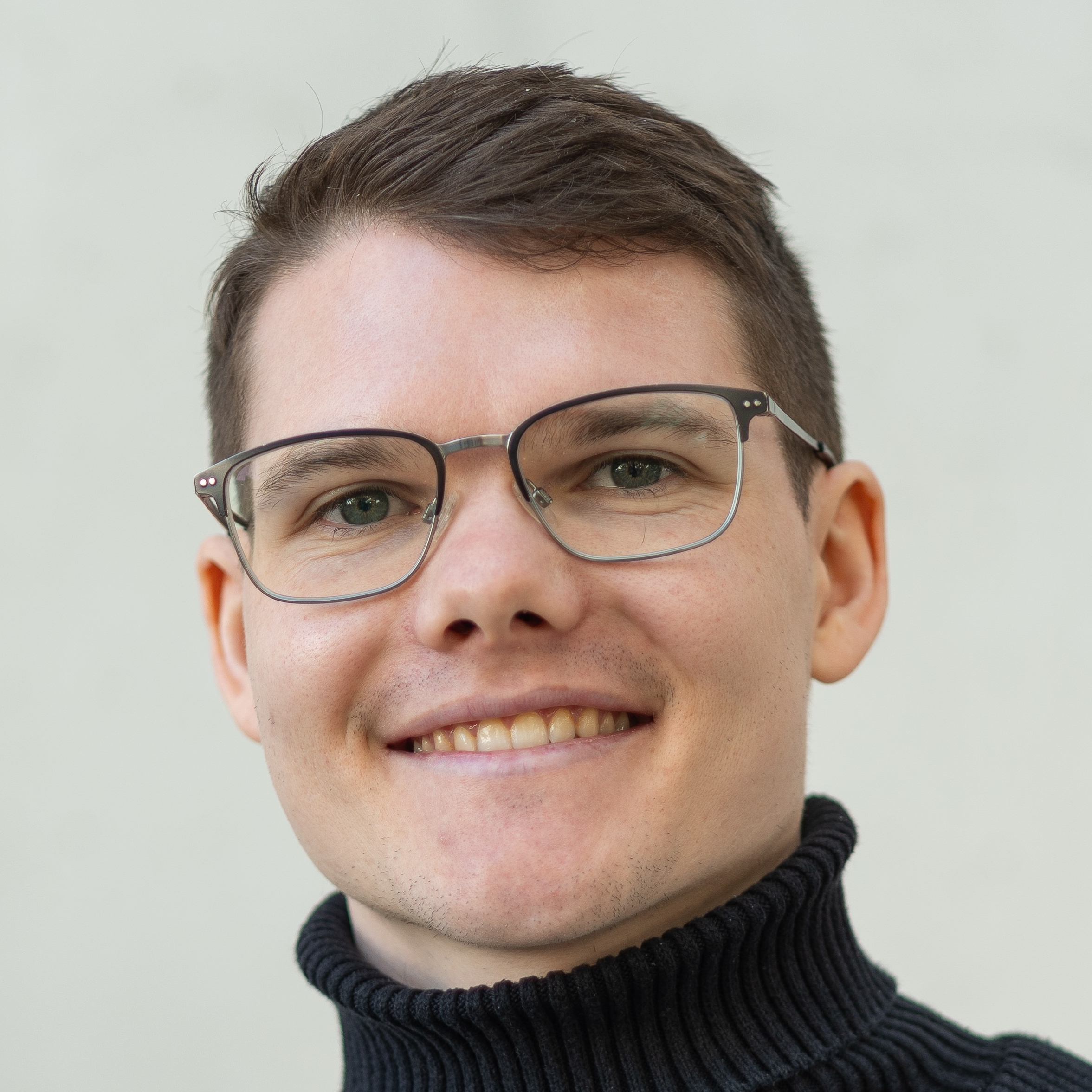
Maurice Colling
Norwegian University of Science and Technology, Trondheim, Norway
Maurice Colling was born in Germany in 1996. He studied at the Karlsruhe Institute of Technology from 2016 to 2023, where he obtained both his Bachelor's and Master's degrees in Physics. During this time, he acquired substantial knowledge about exotic magnetic spin textures like spin spirals and skyrmions. Furthermore, he developed a rich skill set in programming languages such as C++, CUDA, and Python, and simulated magnetic systems with high precision via CUDA-based programming for Monte Carlo simulations.
In March 2024, he became a member of the TOPOCOM project and started his position as a doctoral candidate at the Norwegian University of Science and Technology. In his project, he will study topological spin-based dislocations and their potential application for unconventional low-energy computing devices.
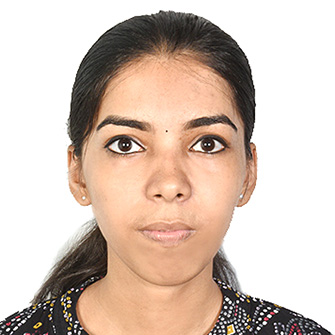
Anusree Navallur
University of Crete, Heraklion, Greece
Anusree Navallur was born in 2000 in Kerala, India. She obtained her Bachelor's (2018-2021) and Master's (2021-2023) in Physics from Kannur University in Kerala. While pursuing her bachelor’s, in addition to establishing a groundwork in physics and mathematics, she undertook language courses. During her master's course, she acquired basic knowledge on ferromagnets and ferroelectrics. Her master's thesis was on the topic of Solitons where she applied methods of field theory and nonlinear dynamics. This experience enriched her understanding of the subject and allowed her to further develop her skills in Python programming.
She joined the TOPOCOM network as a doctoral candidate at the University of Crete, Greece in June 2024. During this project, she will work on modeling ferromagnets and ferroelectrics and will develop a unified theory of the dynamics of magnetic and electric skyrmionic textures.
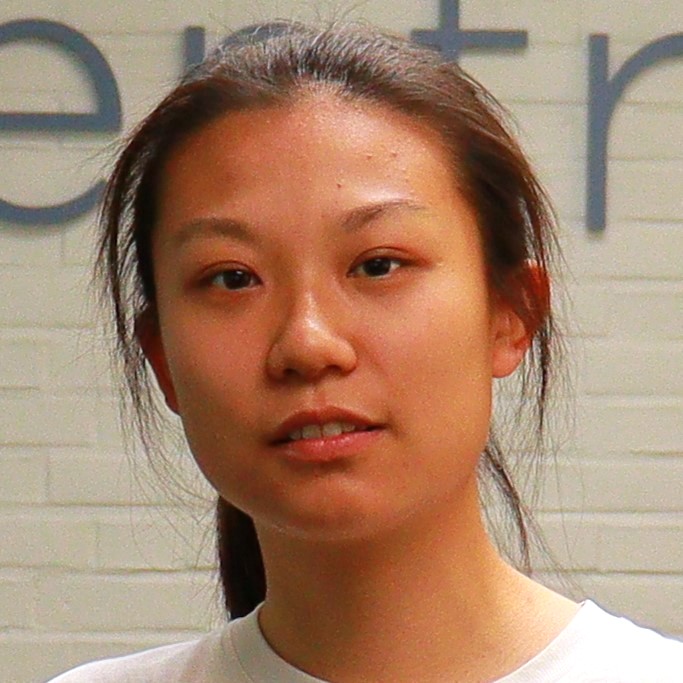
Yuean Zhou
Johannes Gutenberg University, Mainz, Germany
Yuean Zhou was born in China in 1999. She studied in Beijing from 2017 to 2024, obtaining a Bachelor's degree in Information and Computing Science, followed by a Master's degree in Electronic Information. Additionally, from 2020 to 2022, she pursued a double Master of Science in Engineering at École Centrale de Lille. During this period, she worked on categorizing the thermal and acoustoelectric effects in ferromagnet-embedded surface acoustic wave devices. For her master’s thesis, she designed a multimodal artificial synapse system based on spin-acoustic devices. This experience allowed her to explore the theoretical foundations of spintronic neuromorphic computing while gaining substantial experimental experience.
In October 2024, she joined the TOPOCOM network as a doctoral candidate at Johannes Gutenberg University Mainz. Her research focuses on skyrmion dynamics and their potential applications in unconventional logic and computing systems.
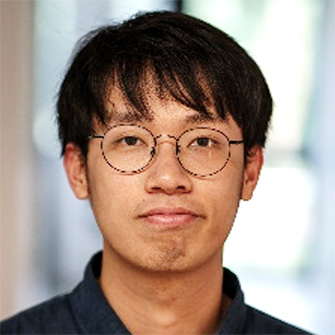
Minh Duc Tran
Johannes Gutenberg University, Mainz, Germany
Minh Duc Tran was born in 1997 in Vietnam. He received his Bachelor’s degree from Vietnam National University in Hanoi and his Master’s degree from Konkuk University in Seoul, South Korea, where he focused on ionic diffusion in functional oxides for brain-inspired computing. His comprehensive expertise in nanofabrication and current-induced dynamics contributed to realizing a magnetic skyrmion transistor gated by voltage-controlled magnetic anisotropy.
In May 2024, he joined the TOPOCOM project as a doctoral candidate at the Johannes Gutenberg University Mainz to investigate the topology-dependent dynamics of skyrmions and skyrmion lattices in magnetic multilayers by various types of excitation to obtain low-power and efficient manipulation of the topological spin structures required for applications in non-conventional computing.
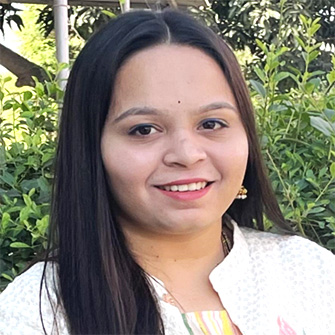
Krishna Patel
Luxembourg Institute of Science and Technology, Luxembourg
Krishna Patel was born in India in 1998. In 2020, she obtained a master's degree in physics from the University and Institute of Advanced Research, Gujarat, after completing her bachelor's degree in physics in 2018. She used molecular dynamics simulations to examine the structural and dynamical properties of several liquid systems during her master's program. She also taught basic python programming and Object Oriented Programming in C++ to Bachelor’s students at Pandit Deendayal Energy University. Subsequently, she joined as a junior research fellow at Indus University, where she worked on a project utilizing Density Functional Theory to examine the thermodynamic stability of ternary intermediate phases of the Ni3(Ti,X) family [X = Zr, V, Mo, Nb].
In June 2024, she will become a member of the TOPOCOM project, work as a research employee at the Luxembourg Institute of Science and Technology, and pursue a doctorate at the University of Luxembourg. Her study will focus on electric quasiparticles for unconventional computing.
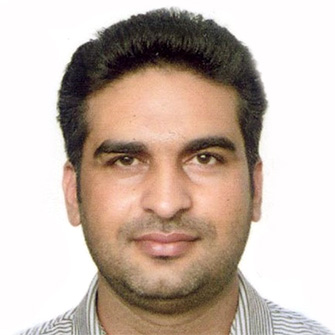
Ali Hasan
University of Messina, Messina, Italy
Ali Hasan was born in Pakistan in 1993. He completed his Bachelor's studies in Mathematics and Physics at Quaid-e-Azam University from 2013 to 2015. He obtained Master's and Master of Philosophy degrees in Mathematics at Riphah International University in the period 2018-2022. Here, he acquired knowledge in both Pure and applied fields of Mathematics and developed excellent skills in solving Mathematical equations at advanced levels. Along with these, he also learned C++ skills to solve ordinary differential equations numerically.
In March 2024, he started working on the TOPOCOM project as a doctoral candidate at the University of Messina, Italy. His project is based on Designing a GPU-accelerated microelectric solver for scientific computing by combining both the dynamics of the electric and magnetic orders and the Study of combined electric and magnetic dynamics (e.g., in multiferroics).
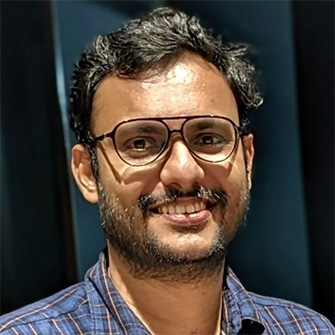
Alen John
Singulus Technologies AG, Kahl am Main, Germany
Alen John was born in India in 1992. He pursued his higher education at the University of Kerala, earning both his Bachelor's and Master's degrees in Physics between 2011 and 2016. In 2024, he completed his MTech in Solid State Materials at the Indian Institute of Technology New Delhi, where he specialized in spintronics and perpendicular magnetic anisotropy. His research focused on experimental spintronics, employing techniques such as magnetron sputtering, MOKE, XRR, and AHE for the deposition and characterization of magnetic multilayer thin films.
Alen has developed a robust skill set in software tools including LabVIEW, OriginPro, and Xpert Reflectivity Pro.
In June 2024, he joined the TOPOCOM project as a doctoral candidate at Singulus Technologies and enrolled at Johannes Gutenberg University, Mainz for his PhD. His current research involves depositing multilayer magnetic stacks for PMA, creating and stabilizing magnetic skyrmions, and collaborating on the development of a Hall sensor for the direct read-out of these magnetic textures.
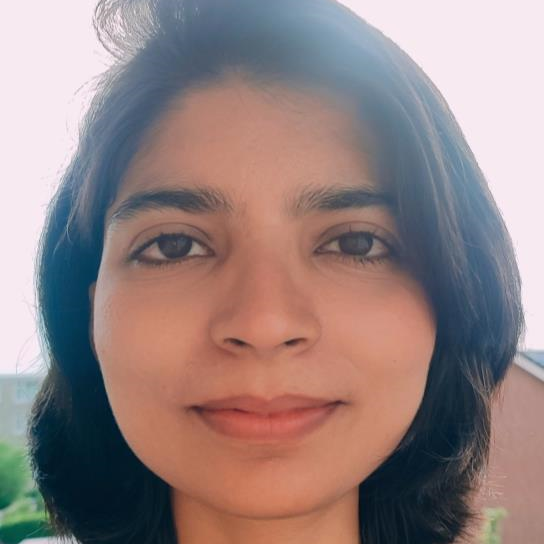
Memoona Ismail
University of Groningen, Groningen, Netherlands
Memoona Ismail was born in 1998 in Pakistan. She completed her Bachelor's degree in Physics from Government College University Faisalabad, Pakistan. Later, she did her masters in Physics, Photonics and Nanotechnology from Université de Bourgogne Franch-Comté, France, 2023. Her expertise involves Monte Carlo simulations, nanofabrication and characterization of photonic devices.
In May 2024, she joined the University of Groningen, Netherlands, as a doctorcal candidate and became a member of TOPOCOM. Her project focuses on the synthesis of ferroelectric thin films with well-controlled topological defects in order to harness them as extremely energy-efficient memory devices.
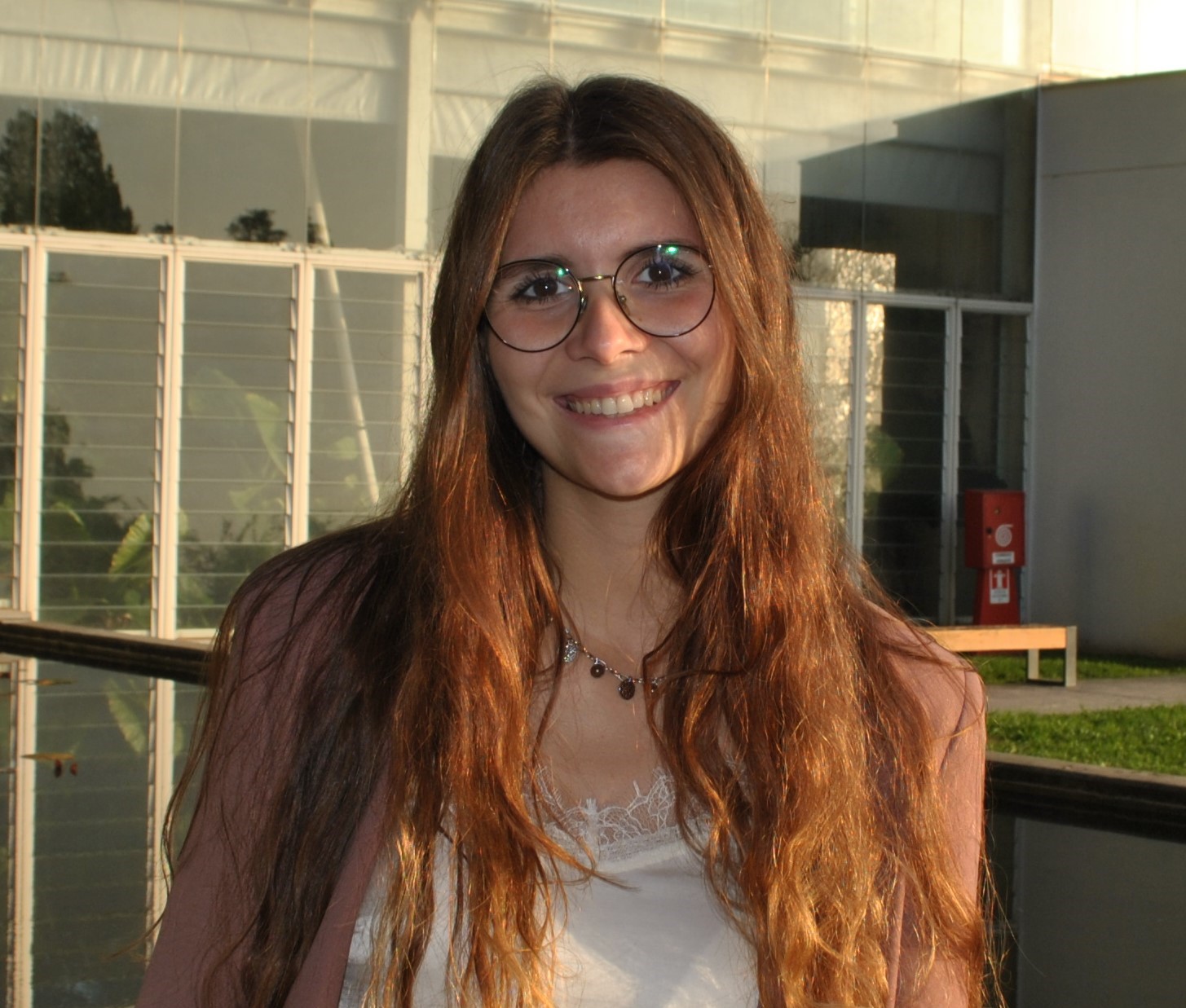
Elisa Zaccaria
IBM Research, Zurich, Switzerland
Elisa Zaccaria was born in Italy in 2000 and completed both her Bachelor's and Master's degrees at Politecnico di Torino. She earned a Bachelor's in Physical Engineering and a Master's in Electrical Engineering, specializing in micro and nanosystems.
For her Master's thesis, she worked at IBM Research in Zurich on Resistive RAM devices for Deep Neural Network acceleration, studying their behavior at low temperatures.
In November 2024, she joined the TOPOCOM project as a doctoral candidate at IBM Research in Zurich. Her research focuses on fabricating synaptic devices based on ferroelectric thin films with topological textures, investigating how these topological effects influence resistive switching in the devices.
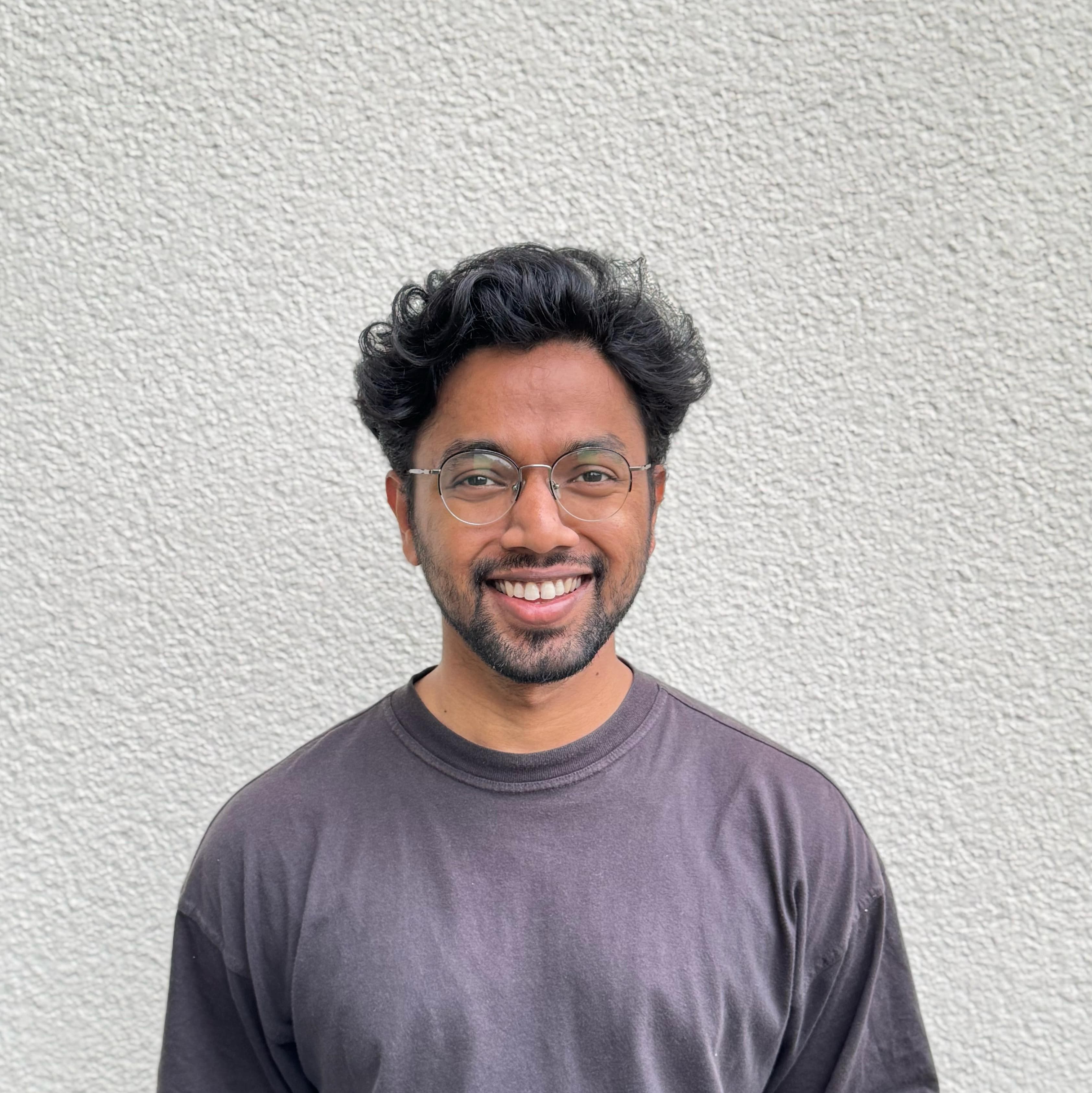
Nikhil Vijayan
Infineon Technologies, Villach, Austria
Nikhil Vijayan (b. 1998, India) earned his B.Sc. in Physics from SRM Institute of Science and Technology (2018–2021), where he discovered a passion for magnetic and other complex condensed‑matter systems. He then pursued an M.Sc. in Physics at the Johannes Gutenberg University, Mainz (2022–2025), focusing his thesis on orbital torques in thin‑film metallic heterostructures. There, he gained hands‑on expertise in device fabrication and electrical characterization—including second‑harmonic Hall and spin‑transfer‑torque ferromagnetic‑resonance measurements—and deepened his understanding of transport phenomena and spin–orbit interactions through rigorous coursework.
In April 2025, he joined the TOPOCOM network as a doctoral candidate at Infineon Technologies and enrolled at the Johannes Gutenberg University, Mainz, for his PhD. His project is based on utilizing magnetic skyrmion nucleation and electrical control for automotive and industrial applications.
